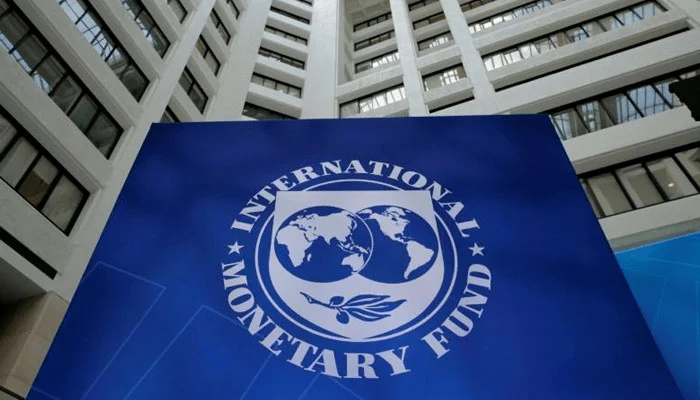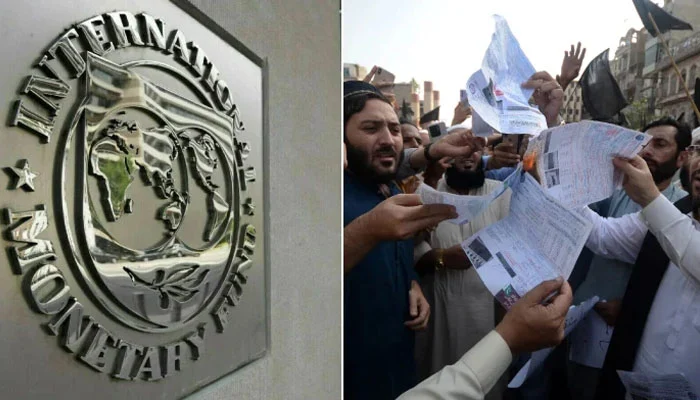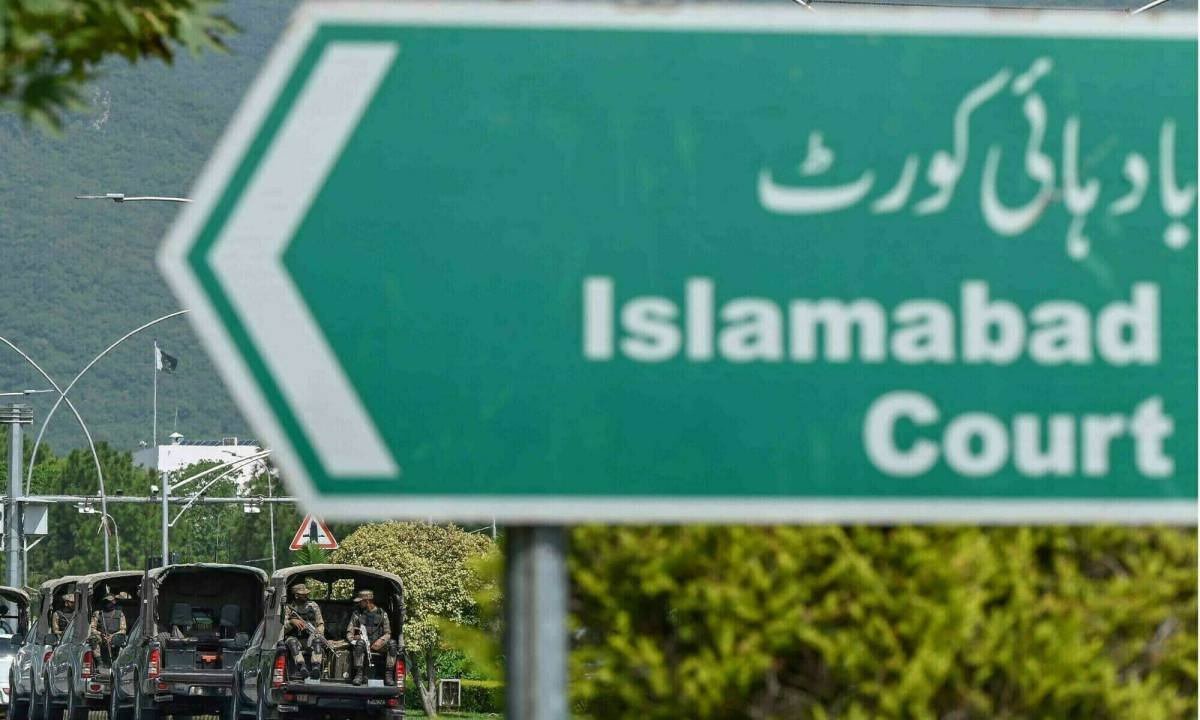The International Monetary Fund (IMF) has expressed its concerns regarding the delay in determining the financial health of state-owned enterprises (SOEs) in Pakistan. The financial assessment of these enterprises, which is part of a $3 billion Stand-By Arrangement (SBA) with the IMF, was initially expected to be concluded in December. However, the delay in finalizing the report until the end of December has raised objections from the IMF, prompting a reevaluation of the timelines.
The $3 billion SBA was agreed upon between Pakistan and the IMF with a set of structural benchmarks that included the financial evaluation of state-owned enterprises. These benchmarks were crucial in ensuring the financial stability and efficiency of these enterprises, which play a significant role in Pakistan’s economy.
The delay in meeting these crucial benchmarks has caught the IMF’s attention, and they are closely monitoring the situation. The IMF’s concerns highlight the significance of these assessments in maintaining Pakistan’s fiscal and economic stability, which is closely tied to the performance of state-owned enterprises.
The delays in the evaluation process have been attributed to various factors, including technical issues, data compilation, and other challenges encountered during the assessment. To address these delays, representatives of the IMF reached out to Kamar Abbas, the spokesperson for Pakistan’s Ministry of Finance. In response to these concerns, Abbas assured the IMF representatives that the report would be completed by the end of December.
One of the key aspects of the IMF program was the establishment of Central Monitoring Units (CMUs) for the SOEs. The CMUs were designed to improve the monitoring and evaluation of SOEs’ performance, ensuring their efficient and transparent functioning. The program aimed to enhance the SOEs’ governance, financial health, and accountability.
The IMF emphasized the importance of the first report to be based on the most recent data and assessments, reflecting the current financial positions of the state-owned enterprises. This reflects the IMF’s commitment to maintaining the accuracy and integrity of the assessment process. The delay has sparked concerns about potential discrepancies between the data in the delayed report and the current state of these enterprises.
The performance of state-owned enterprises has significant implications for Pakistan’s overall economic stability and growth. These entities are involved in various sectors, including energy, transportation, and banking, making them pivotal to the country’s economic landscape. Addressing any financial instability or inefficiency within these enterprises is essential for Pakistan to meet its fiscal targets and ensure sustainable economic growth.
It is worth noting that Pakistan’s engagement with the IMF has been crucial in obtaining financial assistance and implementing reforms to stabilize the country’s economy. The IMF’s involvement provides a framework for addressing financial challenges and ensuring that Pakistan’s economic development remains on a positive trajectory.
The delay in the financial assessment of Pakistan’s state-owned enterprises has raised concerns from the IMF, reflecting the importance of these assessments in maintaining the country’s fiscal and economic stability. As the evaluation process continues, it is essential to address any challenges and technical issues promptly to ensure that the report is based on the most recent data and accurately reflects the financial health of these enterprises. This will not only satisfy the IMF’s expectations but also contribute to Pakistan’s economic growth and stability.



